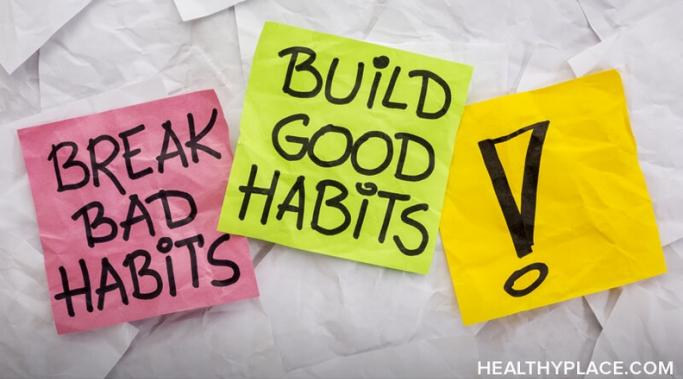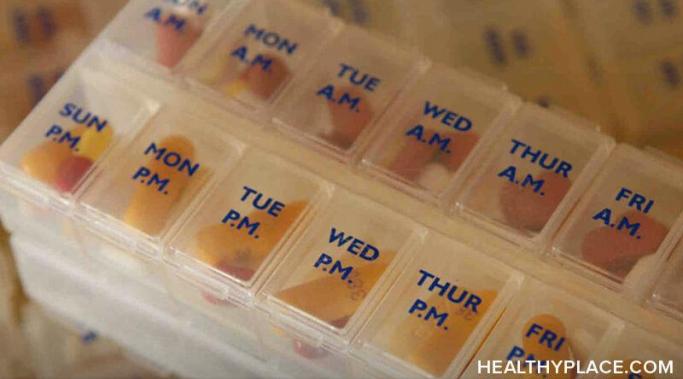Pets are important and beneficial in general, but they can play a special role in the lives of those with mental illness. I never owned any pets as a child, but I adopted a dog as an adult, and my brother has become an honorary pet parent as a result. I am amazed to watch how his relationship with my dog helps him cope with chronic anxiety and depression. Here is a short reflection on the benefits of pets for family members with mental illness.
Mental Illness in the Family
I was diagnosed with anxiety, and it has affected nearly every facet of my life since. I struggle to maintain a job, a social life, and a relationship. My anxiety doesn't only affect me, though. I have also discovered that anxiety affects how my family functions as well.
Approaching others about their mental health can be an awkward situation, but sometimes it's necessary. A big regret I have about my brother's journey with chronic mental illness is that I didn't raise my concerns about his symptoms sooner. If you're unsure whether or not to have that difficult conversation with a friend or family member, here are some insights I've picked up over the last few years.
Hyper-fixations are periods of high immersion into something you really like. These periods aren't very long for me, but what I've noticed is my focus and creativity sky-rocket during this time. This can make forming hyper-fixations feel good, which can encourage me to form more, but this is actually harmful to daily life.
Even though we belong to the same family, not all of my siblings had the same experience growing up -- one of us grew up with attention-deficit/hyperactivity disorder (ADHD). Where I had the luxury of growing up as a focused straight-A student, my brother was not so lucky. When he was diagnosed with ADHD, my family began to understand that he was different. I wanted to share this story so that the people who feel different no longer have to feel so alone.
The partnership between families and mental health professionals is often a key component of adequately supporting a loved one with mental illness. I see this every day in my working life as an occupational therapist -- when there's no buy-in from the family, chances of an intervention being successful are dramatically reduced. When my brother developed chronic anxiety and depression seven years ago, I had to practice what I preach and actively foster a good relationship with his medical team. Here are some points about that experience that I wanted to share.
It can be difficult to watch a loved one's mental health deteriorate when they struggle with the prescribed medication they need. It is also confusing when a family member chooses not to take their prescribed medication even when they know it will help them. In this article, I wanted to reach out to my family to understand their point of view when they do this.
In January, wellness culture tends to be more prominent than ever -- it seems as if the whole world becomes intent on creating a healthier, more productive version of themselves. For those with mental illness, this narrative can be damaging. My brother, who has chronic anxiety and depression, has often spoken about how wellness culture can leave him feeling frustrated and inadequate.
I get exhausted from interacting with my friends and family due to my social anxiety, even though I love them. I find it very difficult to interact with people for a long time. This extends as far as to be exhausted by texting. However, my family has learned how to handle my social anxiety in a way that benefits all of us.
It's always important to be mindful of mentally ill loved ones, but it's especially important around the holidays when routines change, and symptoms can intensify as a result. I've noticed in the past that my brother (who has chronic mental health issues) can particularly struggle at Christmas time. This year, I'm hosting a family Christmas day gathering for the first time -- here are some of the steps I'm taking to make my brother's mental health a priority during the celebrations.









